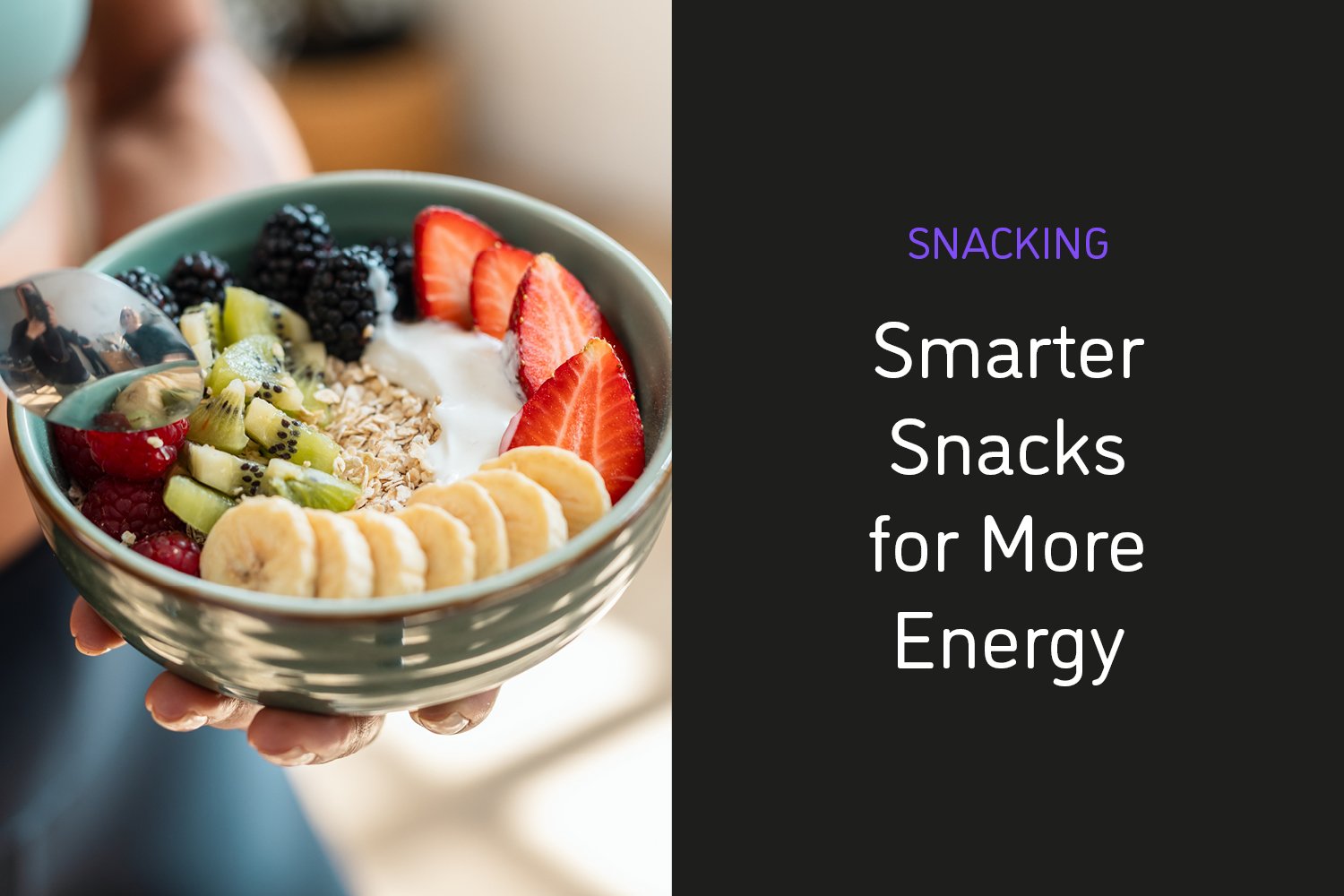New Patient Chiropractic Consult

Snacking can help bridge the gap between meals and keep energy levels steady, but not all snacks are created equal.
Some choices support focus and wellbeing, while others may cause energy dips, irritability, or unnecessary hunger later on.
Understanding how to choose snacks that truly nourish your body can make a meaningful difference in how you feel throughout the day.
Grabbing a biscuit, a sugary cereal bar, or a packet of crisps might seem like an easy fix for low energy.
While you might feel a temporary lift, snacks that are high in refined sugars, unhealthy fats, or simple carbohydrates, and low in fibre or protein, can trigger a rapid spike in blood sugar followed by a sharp crash.
This often results in feeling more tired, irritable, or hungry than before.
It can also lead to a cycle of craving more quick fixes, rather than staying energised and satisfied between meals.
Snacks that combine protein, healthy fats, and fibre help slow digestion, keep blood sugar stable, and provide longer-lasting energy.
Some balanced options include:
Choosing snacks that include a mix of these components can help prevent energy crashes and keep you fuller for longer.
Snacking isn’t always essential. If your main meals are well-balanced and satisfying, you may not need much in between.
However, a planned snack can be helpful if there’s a long gap between meals, if you’re feeling genuinely hungry, or if you need a small energy boost before physical activity.
It’s important though to tune into true hunger cues rather than reaching for food out of boredom, stress, or habit.
Aim to snack roughly two to three hours after a meal, and a similar time before your next one. This helps you stay energised without reducing your appetite for your main meals.
If you’re short on time, many healthy snack choices are also simple to prepare:
Choosing snacks like these can help maintain consistent energy, support your concentration, and prevent mid-afternoon slumps.
Being more deliberate about what you eat between meals can support your energy, focus, and overall well-being.
Rather than seeing snacks as a guilty pleasure or quick fix, treat them as an opportunity to fuel your body with something that truly benefits you.